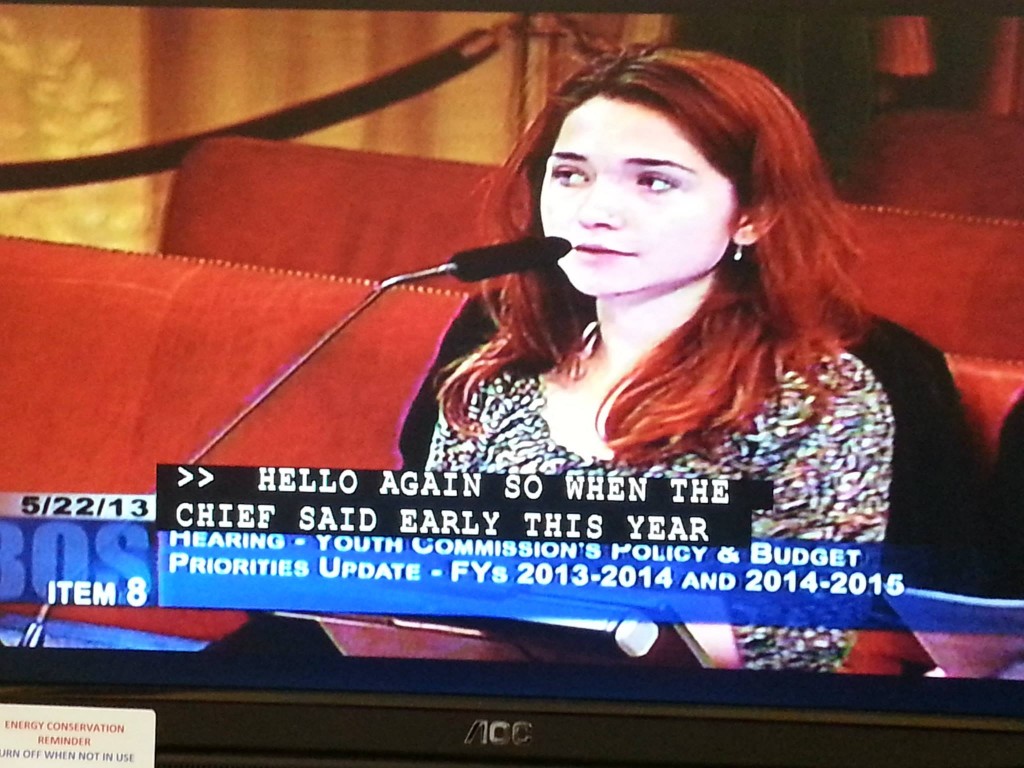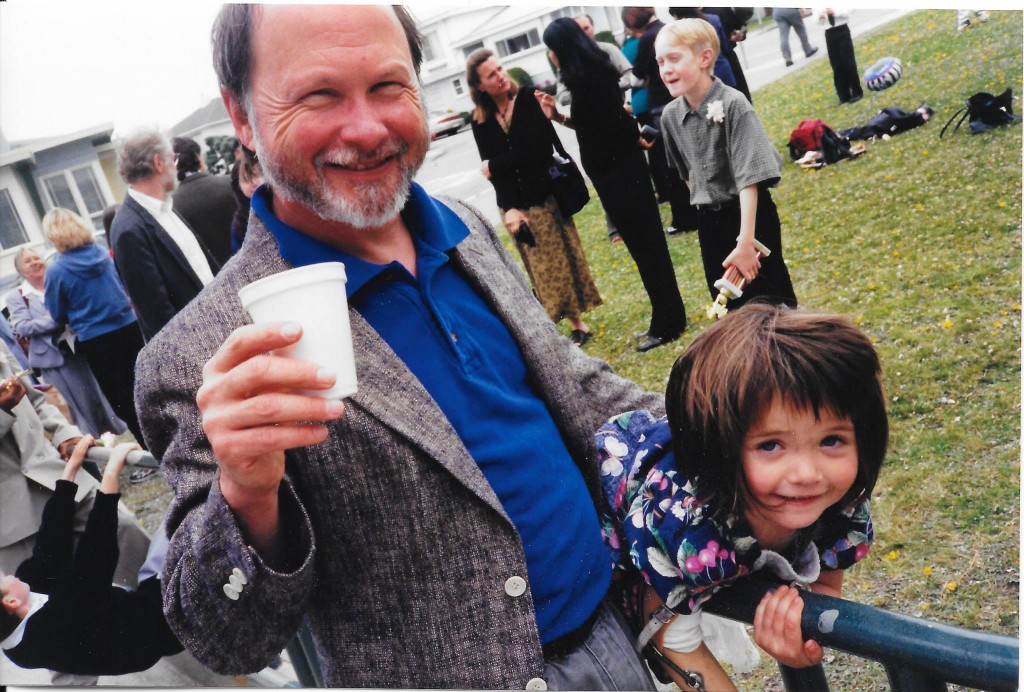When I was in high school, I always argued with my parents about who had it harder. I was pretty sure that I did– I started school at 7:30 in the morning, often getting home at 6 or 7 after extracurriculars, only to be faced with a mountain of homework. Even on my lazy senior schedule of 7:30am-1:30pm, I was convinced that being a student was harder than being an adult worker. Maybe that was true in high school, with back to back classes and 7 classes worth of homework every night.
But I can definitely say that working 40 hours a week this summer has been more taxing than my first year of college. I definitely worked a lot my first year at Scripps, but the rhythm suited me. I woke up around 8:30, ate a leisurely breakfast, and had plenty of time to do reading, problem sets, and work on essays between classes and my work in Scripps IT Department. I saw my friends (especially the roomies) throughout the day, and almost always paused work for a long, social dinner. After 9 or 10, I declared my working brain dead, and did only fun things before I slept. I was remarkably unstressed compared to high school, and although I worked more and played less during finals and midterms, I was always surrounded by friends, in a beautiful environment, and could wear the comfiest or cutest clothes I wanted.
My work this summer has not been stressful–it’s an incredibly supportive environment, very focused on learning and professional growth for interns. But the rhythm of the “normal adult work week” , and the office environment, has been getting me down. I’m in a grey cubicle, in a huge windowless room, for most of my day. After work, I’m often ready to collapse in my bed, but I also desperately want social interaction with people my own age. That’s not as easy as it is at school, where everyone’s a 3 minute walk away (or zero minutes, when it comes to my lovely, lovely roomies). The weekends feel like they pass too quickly.
I still have a lot of professional interests that point at a 40 hour workweek for most of my future. So I’ve been trying to develop strategies to feel good on the grind.
1. Exercise! One of the great perks of my workplace is a free office gym, which is right next to my workspace. I’ve been going pretty regularly after work for the last week, and I feel great. I’ve been coming home after my workouts with much more energy to go out or get things done at home. Even just 30 minutes helps me transition out of late afternoon stupor.
2. Purposeful socializing I’m used to plans just falling into place casually, but when my free time is so limited–and many of my friends are also working–it takes a little more forethought. I’ve met up with friends working nearby for lunch, or to hang out right after work. I’ve been filling my weekends and nights much more than I’m used to. I’m an introvert, so usually I’m cautious about wearing myself out with too many plans. So when I feel super worn out, I just have one-on-one hangouts with people I don’t have to impress. It satisfies my people need without overwhelming me.
3. Sleep Sleep deprivation makes me grumpy and stressed and prone to eating sugary foods which exacerbate that mood. Sleep is great! It’s like free coffee.
4. Tea and snacks I love jasmine tea. Jasmine tea smells great, keeps me alert, and generally just keeps happiness levels high. There’s a water cooler with a hot faucet near me, so I make tea constantly. I also make sure to have little snacks on hand–Luna bars, veggies, sesame sticks, and beef jerky. I’ve found that a big lunch makes me sleepy, and then hungry two hours later. Snacks keep my energy levels constant throughout the day.
5. Books No, I don’t read at work, but my commute and time at home are so enriched by reading. I started with The Diamond Age by Neal Stephenson, which is like female empowerment steampunk-y scifi. Now I’m switching back and forth between Cryptonomicon, by the same author, and God in Search of Man: A Philosophy of Judaism by Abraham Joshua Heschel. Even though my work is super interesting, it helps me to engage my brain with something totally unrelated. (I’m also watching multivariable calculus lectures online in preparation for fall semester. Yay for different modes of thinking!)
What are your happy strategies?


